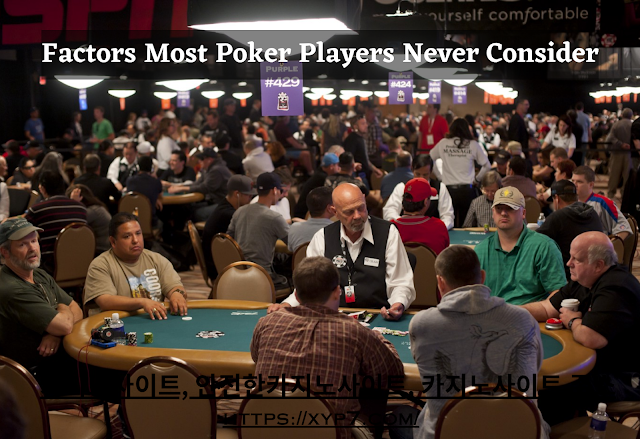Factors Most Poker Players Never Consider
Factors Most Poker Players Never Consider
There are many factors that most poker players don't consider when they play at a table. Those factors include game selection, tilt control, level three players, and post-game analysis. These factors all contribute to how you can improve your game and become a stronger player.
Level three players
Whether you are playing a live or online game, it is important to know that there are several important pitfalls to avoid. In particular, level three players must be prepared to battle the equity wars. This includes evaluating the nuances of hand ratings and the nuances of your opponents' psyche. There are other nuances to keep in mind, such as knowing how to play passive with mid-strength hands.
The best players at this level of the game have what you would call a good old-fashioned attitude. They are good at identifying and exploiting their opponents' weak points. Likewise, it is often a wise move to avoid making the same mistake in similar circumstances. Getting your act together is also the key to avoiding the bad beats that plague lesser mortals.
Tilt control
Having tilt control is one of the most important skills a poker player must have. Without it, a great player can lose his or her edge in the game.
While there is no one-size-fits-all solution for tilt, it can be prevented by using a variety of techniques. The first step is to understand what is causing the tilt. You can do this by identifying common triggers, which are often based on emotions.
For example, making a loss when the price reverses near the aim is often a triggering event. This can lead to an emotional rush and a deterioration in rationality.
Another trigger for tilt is missing a series of potentially profitable trades. However, you cannot be a good poker player without risk tolerance. To achieve this, you must be able to manage your emotions.
Heuristics for post-game analysis
Heuristics are simple strategies and rules that humans use to make decisions. They can be either deliberate or unintentional. But they generally produce a correct solution.
Heuristics can be applied in a variety of situations, from making simple trade-offs to evaluating predictions against real-world outcomes. In the context of game design, heuristics can be used to evaluate the effectiveness of a user interface.
For instance, an A* heuristic can be used to determine the shortest path between two waypoints. This can be computed without precomputing, using only the nearest waypoints.
The heuristic is guaranteed to find the shortest route. However, it may deviate from the optimum path if there are obstacles or a lack of available moves. If so, the heuristic should be adjusted.
Another example is the tie-breaking cross-product. The heuristic produces pretty paths, but ties are more likely to break with a deterministic random number 온라인카지노.

Comments
Post a Comment